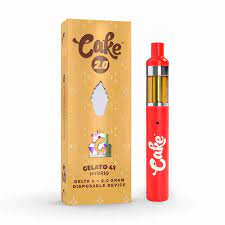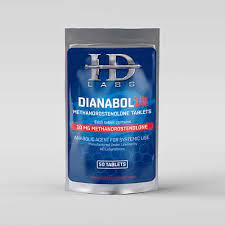Liquor Use Disorder ( AKA AUD) is frequently seen across the usa, but AUD along with its match demands aren’t really the only factors behind alcoholic drinks-relevant concerns. Depending on stats from the Federal Institute of Alcoholic drinks Neglect and Alcoholism around 2015 survey, about 56% of American grown-ups older 18 or even more senior citizen have said consuming in the past 30 days. Whilst many of them most likely wouldn’t be described as alcohol abusers or individuals afflicted with AUD, alcoholic beverages durability be influencing them in unforeseen approaches.
Some research performed over the years have indicated that modest usage of liquor, notably liquids like red red wine, might have some exercise positive aspects and wouldn’t be risky to many men and women. However, another thing is now being dubbed into inquiry lately: how can alcoholic beverages influence our intellectual condition: drug and alcohol rehab Center
Is There a Connection between cognitive Health and Consuming Alcohol?
Alcoholic beverages does impact the mental well-getting of men and women mourning from AUD, however the partnership between average consuming and mental health has been left mostly unidentified. Because it seems, physicians should apply caution when recommending sensible enjoying for some of its advantages, since it probably have an unfavourable result on intellectual well being which was once not known.
While benefits for example longer lifestyle may be appealing, some research have likewise shown that average consuming might set individuals on the line for creating cardiovascular concerns. This reality, associated with the implications that reasonable consuming probably have on intellectual wellness brings about it much less appealing to engage in a cup day-to-day.
So will it be more beneficial to cease alcoholic drinks completely?
For people who labour with their intellectual overall health, it definitely will be helpful no less than as per the household assessment. It means that it’s probable to obtain the cognitive well-becoming of life-time abstainers actually for individuals who have been drinkers throughout history.






